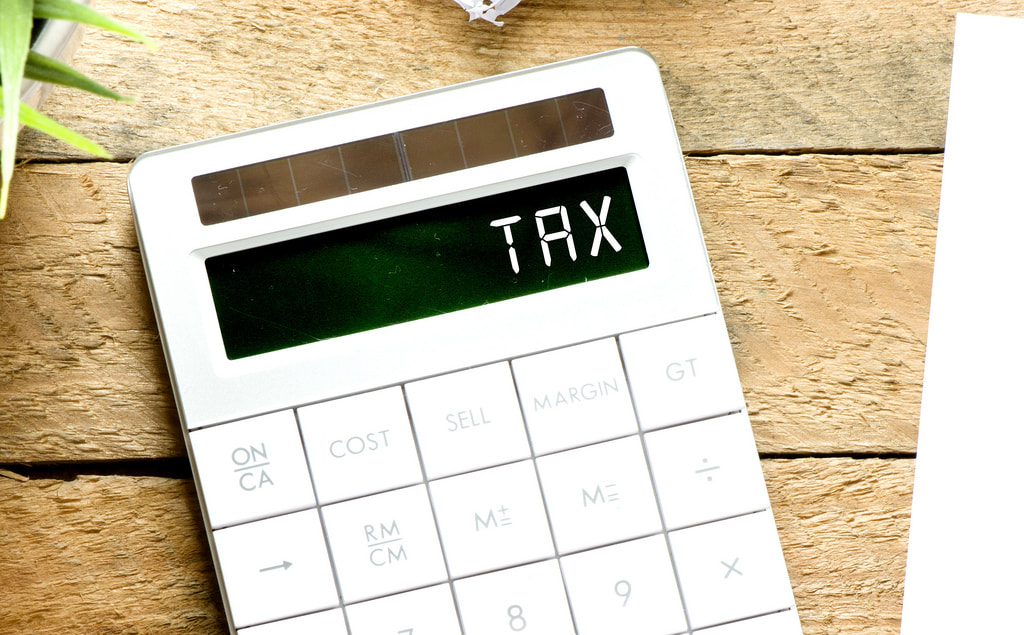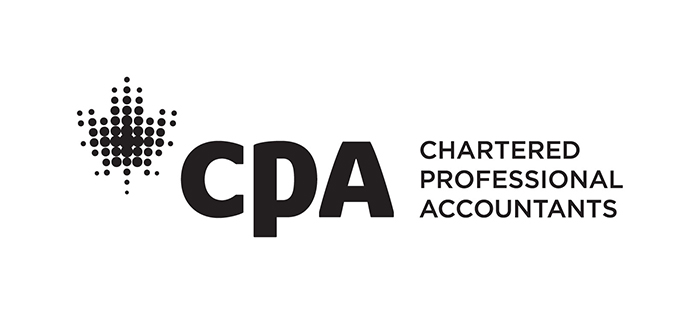|
When it comes to your business, to use a sports analogy, are you reviewing the score at the end of the game, or making in-game adjustments? Which one sounds like a more successful strategy? Any good coach will tell you that adjusting in-game will result in a higher win rate. Adjusting in-game allows you to pivot as things change and stay nimble. You may need to change your strategy to the changing environment.
When you meet with your accountant at the end of the year, you are reviewing the score and seeing where you did well, and where you could use improvement. When you review monthly or quarterly reports from your accountant, you are able to adjust “in-game”, and see where you are weak, and are able to make the necessary changes in order to “win” or come out ahead. Sure, reviewing the score after the game will allow you to revise your long-term strategy, and plan for the future, but if you are having a cash-crunch in the first quarter, reviewing the full year a few months after the year-end doesn’t help much. If you had known a cash-crunch was imminent, you could have made changes immediately, such as having your collections department follow up on old receivables, and delaying capital projects to a later date. It is important to develop the right metrics to measure. Of course you’ll want to look at Net Income, Gross Profit, and other traditional metrics, but you also want to develop specific metrics for your business. For example, if you sell 4 different products, at 4 different price points, with 4 different costs, you’ll want to measure each one separately. Which product is your most profitable? Which product sells the most? Which product takes up the most of your team’s time? If you know these things, you’ll know where to focus your energy and attention, and when to remove a product that isn’t doing well or profitable. We’re encouraging our clients to a move to a monthly or quarterly model with their bookkeepers. We’ve recently hired a bookkeeper so that we can provide this type of service, and we feel it adds a lot of value for our clients. If your bookkeeper isn’t doing this with you, or if you aren’t actually reading the reports, make sure you do, so that you are reacting “in-game” and not after its too late. Josh .
0 Comments
Everyone's favourite dinner conversation - Real Estate! Many people have made a lot of money in real estate buying, selling, flipping etc. Maybe you're now being taxed half to death, so you are debating between moving or converting part of your house to a rental suite. Vancouver and the surrounding areas are encouraging density, so many lots are now zoned for laneway homes. Vancouver has restrictions on short-term rentals for laneway homes, so its important to be aware of what is allowed, and what isn't. To curb speculation and discourage empty houses, there have been rules put in place to tax empty homes. If you have been in a coma for the past few years, things have changed dramatically in all manners relating to real estate in Vancouver, and its time to get up to speed. With the increases in property value in real estate, now all levels of government are attempting to take their share of the pie. This post will discuss some of the relatively recent changes that affect real estate.
First let's talk about the federal requirement to report the sale of your principal residence (PR). Starting in 2016, Canada Revenue Agency (CRA) started requiring taxpayers to report the sale of their principal residence. In the past, you only had to report the sale of your PR if the property was not your PR for all of the years you owned it. Not reporting this opens you up to a possible fine. This is an example of the increased tracking of the sales of homes that is taking place at the federal level. What are they looking for? CRA is looking for people that are abusing the principal residence exemption. If you sold your principal residence, make sure it is reported on your tax return. If you forgot to report it, in most cases CRA allows a taxpayer to report it under a voluntary disclosure. Empty home tax (City of Vancouver) - this is a 1% tax levied by the City of Vancouver (COV) on the property's assessed value if the home is empty by the city's definition. Per the COV's website, most homes will not be subject to the tax, as it does not apply to principal residences or homes rented for at least six months of the year; however all homeowners are required to submit a declaration. To get out of the tax, the property has to be rented for at least 6 months during the year in 30 day increments (short-term rentals won't help). Another way is to have a friend or family member move in for at least 6 months and claim it as their principal residence. There are exemptions, such as if the house was empty due to the owner passing away and the house went into the estate. If you have an empty home, or your home is going to be vacant in the future, make sure you know the rules. 1% on an average detached home in Vancouver would be $22,000 according to a recent report (2,200,000 x 1%). Speculator tax - this is a provincial level tax, that is applicable in certain areas around the province of BC, such as Metro Vancouver, Kelowna, Victoria. The rates that apply are gradually going to increase from 2018 to 2019. Who does it apply to? It applies to second homes, so primary residences are not subject to this tax. What about rentals? Long-term rentals qualify for an exemption. For 2018, homes must be rented out for at least 3 months to qualify for the exemption. In 2019, that goes up to 6 months. What rate is the tax? In 2018, the tax rate is 0.5% of the property's assessed value. In 2019, it will stay 0.5% for BC residents who are Canadian Citizens or Permanent Residents. It will go up to 1% for Canadians and Permanent Residents who are not BC residents. The tax will be 2% for "foreign investors and satellite families." Is there a tax credit available? There is a tax credit available for B.C. residents. If the second house is $400,000 or less, the credit will offset any tax. Foreign buyer's tax - this is an additional property transfer tax that is charged when a foreign entity or taxable trustee purchases a property within a specified area of BC. The tax has recently been increased from 15% to 20% and the specified area has been expanded from the GVRD to include the Capital District, the Fraser Valley, the Central Okanagan, and Nanaimo. Purchases before Feb 21, 2018 in the GVRD were subject to the 15% additional tax. Purchases on or after Feb 21, 2018 in the expanded areas are subject to a 20% tax. In a future post, we'll discuss what happens when change part or all of your principal residence to an income producing property, or vice versa. Just a quick note on the "change in use" rules - make sure you communicate to your accountant that you've made a change in use if you've changed your principal residence to a rental property, or changed a rental property into a principal residence. There is a deemed disposition and re-acquisition that has tax consequences, and there are elections that could help minimize the tax consequences. If you have any questions about the above, or any other related tax matters, please give our office a call. -Josh Moving your accounting function to the cloud can be a daunting task. In this article, we'll take a brief look at the history, look at how it works, and look at the pros and cons of moving your accounting to a cloud-based software solution, and hopefully you'll have an idea of whether your business is ready.
First, how new is this type of software? Quickbooks Online was introduced in the UK in 2011. It was revamped in 2013, and has grown in popularity to become one of the most used cloud-based accounting software solutions for small businesses. Another popular cloud-based company is Xero. Xero was formed in 2006 in New Zealand, and entered the U.S. market in 2011. Xero officially entered the Canadian market in 2018, although it has been unofficially around for longer than that. Second, what exactly does the process entail? A typical scenario would be for a business owner to have an app on their phone (like Receipt Bank) and take a picture of a receipt that they just purchased, for example, gas from Chevron. The receipt would be stored in Receipt Bank and the software would recognize the type of receipt (with a high degree of accuracy). The App would be connected to your Accounting Software (QBO or Xero, for example), and would post the receipt to the appropriate expense account (after you told it what the expense was, it would remember that Chevron is for Auto-Gas). At the outset, it would require you to tell the App what the expense was, but after that, the App would know, and would post automatically. You could see how much time this could save if used properly. You could also see how this could go wrong, if it was not set up properly! Pros - real time accounting - audit-ready receipts (stored and ready if CRA requests them) - financial information that is more timely - accessible from anywhere there is an internet connection - allows business owners to make decisions in real-time to correct course before things become costly - potentially cost savings by using data import function by using latest software To me, the biggest pro I see in this list is having access from anywhere, to your accounting data in real-time. Of course, this will mean having your accountant or bookkeeper stay on top of your accounting throughout the year, and not doing it all right before your company's filing deadline! Cons - increase software subscription fees (can typically be mitigated by bundling with your accountant's plan) - security concerns (where is your info being hosted?) - internet connectivity concerns (could be an issue in remote areas if internet is not consistent) - learning curve with new software/apps Most of these can be overcome, but Cloud-based accounting is not for everyone (at least, not yet). Commonly used accounting software - Quickbooks Online (QBO) - Xero Other tools you may want to utilize: - Hub docs - Receipt bank - A Scanner (here is one we use) - Smartphone to scan receipts and upload to Hub docs or Receipt bank In closing, Cloud-based accounting is not for everyone, but it has the potential to improve the way business owners access their company's financial information. It could improve the decision maker's ability to act on the financial data to make better informed decisions. Let us know if you have any questions about setting your business up with a cloud-based accounting software, and whether your business could benefit from some or all of the latest tools available. - Josh Here is a handy template that can be used to summarize your revenue and expenses for either a real estate rental, self-employment business activities, or for employment expenses. Many of our clients use this template as a way of organizing their information, and it may trigger a reminder to include an expense that you would have otherwise forgotten about. Please download it, fill it out, and bring it in with the rest of your tax information. Let us know if you have any questions about what kind of expenses can be claimed. Click below to download the template.
|
. ArchivesCategories |
||||||
Photo used under Creative Commons from mikecohen1872




 RSS Feed
RSS Feed
